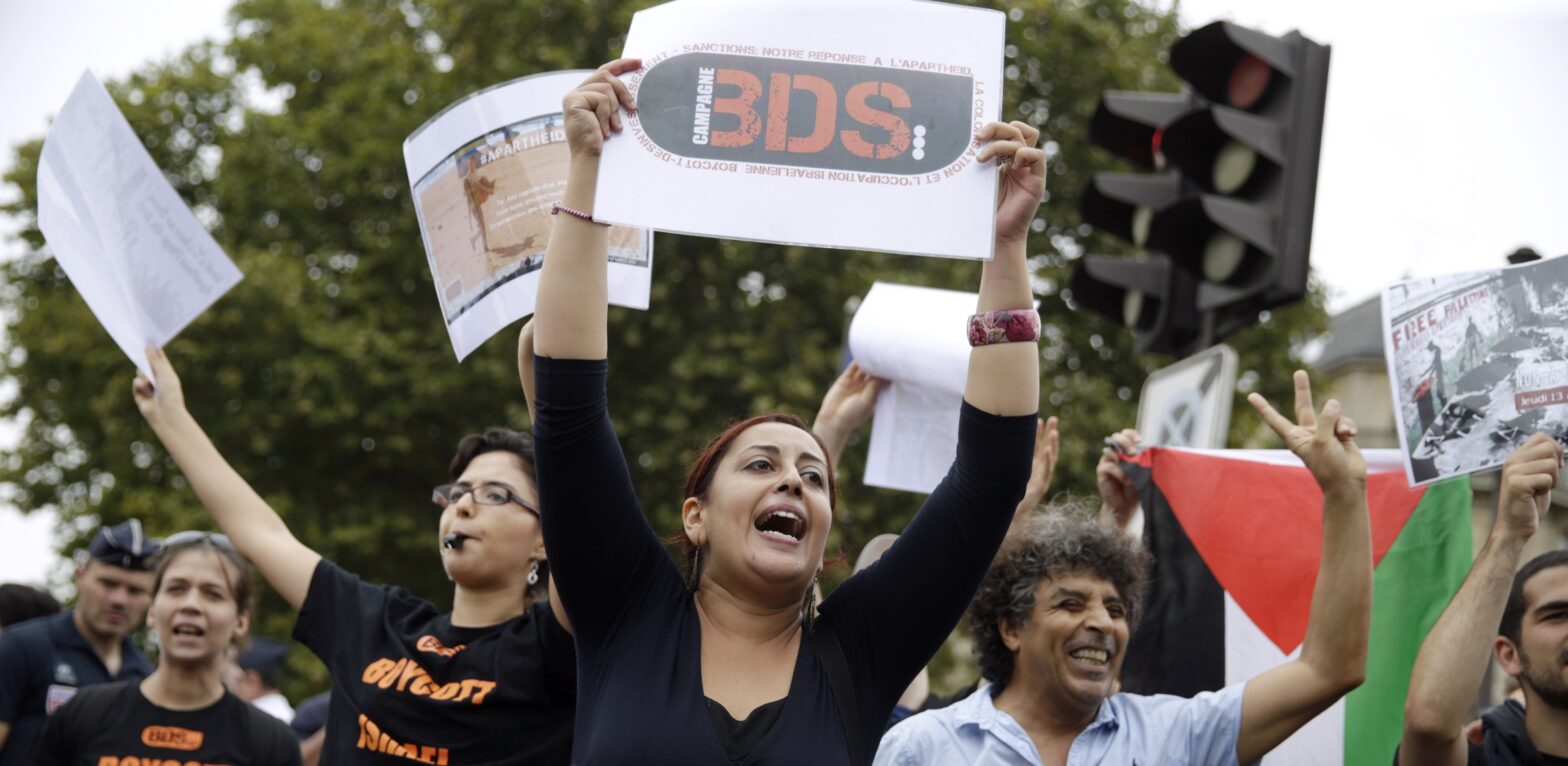
In 2012, Social Text published a Periscope dossier on Palestine by a delegation of American Studies scholars to Palestine organized by USACBI. The following year, the first academic boycott resolutions were passed by the Association of Asian American Studies and … Continue reading “Solidarity and Radical Change”

2015 was the tenth anniversary of the official launching of the Boycott, Divestment, and Sanctions movement by Palestinian civil society organizations, including over 170 political parties, activist organizations, trade unions, women’s groups, and other segments of the Palestinian national movement, … Continue reading “A Radical Vision of Freedom”
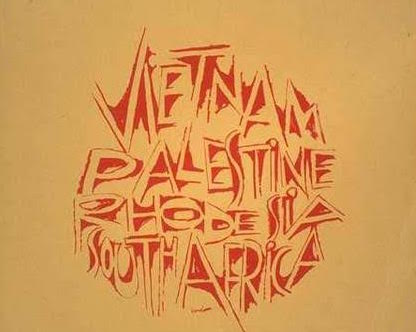
In 2005, indigenous Palestinians issued the most authoritative call for international solidarity to come out of Palestine in decades. A broad coalition of unions, popular organizations, and civil society institutions representing Palestinians within the 1967 occupied territories, Palestinian citizens inside … Continue reading “BDS and Third World Internationalism”

When the editors of this dossier asked me to contribute, they suggested I look toward the future of BDS and think about what might await, and what should await, the movement as it moves forward. Where might its activists most … Continue reading “BDS Beyond Palestine”
2021 The Art of Women’s Struggles Is the Art of Building Community and Making Alternative History (8 articles) 2020 Control Societies @ 30: Technopolitical Forces and Ontologies of Difference (6 Articles) 2020 (16 Articles) On the Work of Kevin Killian … Continue reading “Periscope Archive Sidebar”
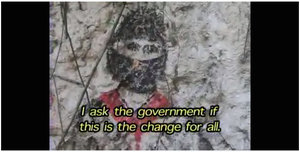
The global politics of resource scarcity is a chief theme of World of Matter’s practice, but another scarcity is evident too: a scarcity of representations by Indigenous and subaltern people, whose resources have been most exploited, first by colonialism … Continue reading “Refusing the Settler-Colonial Gaze”
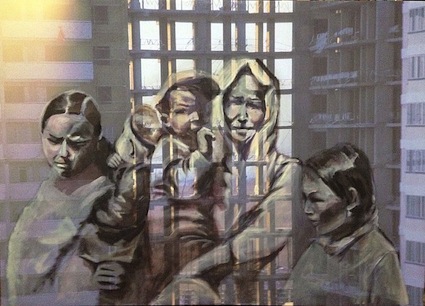
In locales where the resources are scarce and the imperial-colonial configurations more complicated than in the West-East or North-South dichotomies, the politics of physical survival and the politics of servility towards the criminal state unfortunately dominate. There are no recipes … Continue reading “The Observatory of the Bereaved: Unbinding the Imaginary in Eurasian Borderlands”
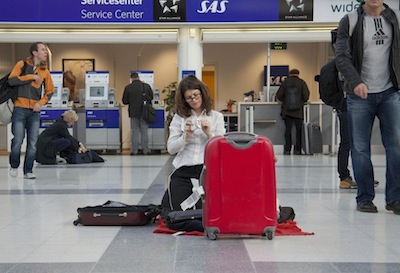
Introduction by Walter Mignolo Tanja Ostojić? And what is decolonially aestheSis in her work? Simply, Tanja’s work unveils the logic of coloniality through the intersectionality of the European Union’s politics of migration, gender, and sexuality. When Rolando and I invited … Continue reading “Crossing Borders / Development of Diverse Artistic Strategies”

The Panama Canal, completed in 1914, creates a borderland of North and South. The nation of Panamá was invented by it, a consequence of centuries of Spanish occupation and US imperialism in the nineteenth and twentieth centuries. The canal initiated … Continue reading “Flow”
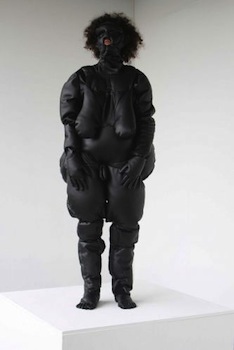
How do decolonial aestheSis accord with but also depart from a “post-” sensibility, be it modern, structural, or, perhaps, even colonial? Édouard Glissant is instructive in this respect, when he comments upon the metropolitan poststructural heritage as a French citizen … Continue reading “Be.Bop 2012. Black Europe Body Politics”
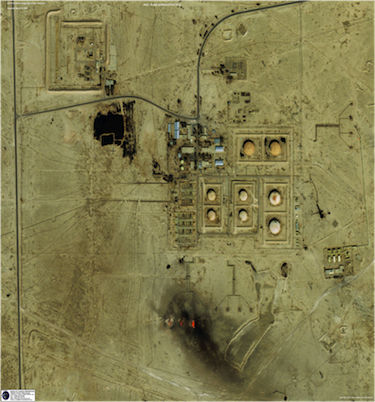
What’s left to be said about time or space or war? Let’s face it — in the piles of books and papers written on violence in modernity, on time-space compression, on spatialization vs. temporalization, on the militarization of everyday … Continue reading “Sensing Distance: The Time and Space of Contemporary War”











